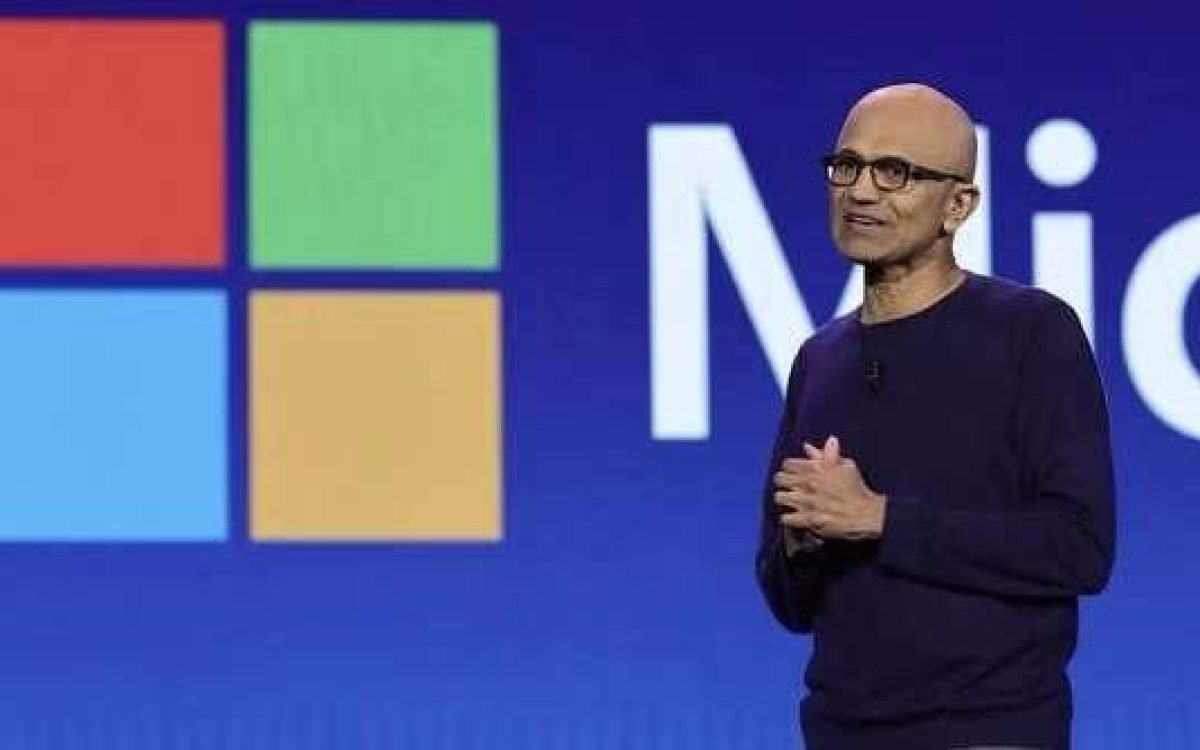Microsoft Chairman and Chief Executive Satya Nadella has announced a groundbreaking initiative to train more than 2 million people in India with artificial intelligence (AI) skills by 2025. This initiative, unveiled during the Microsoft CEO Connection event in Mumbai as part of Nadella’s annual visit to India, aims to not only equip individuals with essential AI skills but also generate new job opportunities in the burgeoning field of AI.
Nadella emphasized the importance of empowering the Indian workforce with AI skills, highlighting the transformative impact it can have on both individuals and the broader economy. “We are devoted to equipping 2-million-plus people in India with AI skills, really taking the workforce and making sure that they have the right skills to be a part of this domain,” Nadella stated.
The initiative goes beyond just imparting skills; it also focuses on creating job opportunities. Nadella cited the example of Karya, an AI startup that employs over 30,000 rural Indians to curate high-quality datasets through various mediums such as speech, text, images, and videos. These datasets are instrumental in training large language models in 12 Indian languages, thereby contributing to the advancement of AI technology.
Furthermore, Nadella highlighted the innovative GenAI chatbot Jugalbandhi, designed to provide government assistance, as a testament to the transformative potential of AI. By combining Bhashini language translation with Jugalbandhi, Microsoft aims to revolutionize the lives of rural Indians by enabling communication and access to services in their native languages.
Microsoft‘s ambitious initiative underscores the company’s commitment to fostering digital empowerment and inclusive growth in India. By equipping millions of individuals with AI skills and creating job opportunities in the AI sector, Microsoft aims to catalyze innovation and drive socio-economic development across the country. As India continues its journey towards digital transformation, initiatives like this play a pivotal role in unlocking the full potential of its workforce and accelerating progress towards a brighter, more technologically advanced future.









